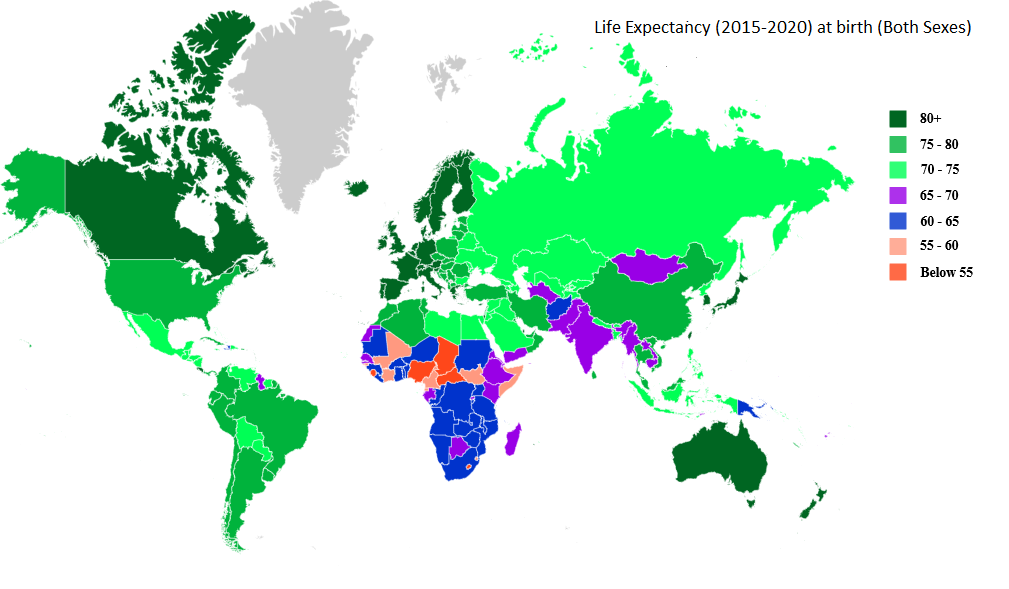28 May 2020

The vast majority of us make financial based decisions every day, sometimes without even realising it. From simple decisions such as budgeting a weekly shopping trip, to more time consuming and potentially complicated decisions such as car insurance or what mortgage provider is best for you. At some point in our lives, we also need to decide what type future we want when we finish working and what type of pension will we need to help us plan for this. Some decisions are easier made than others, but unless action is taken, we can lose track of our finances. Other major financial decisions, such as pension planning, may get finalised too late.
The Digital Age
In today’s digital world, information is freely available. But the ability to understand some of the financial terms and jargon that is being used can become increasingly difficult. This has been said to affect the economy due to the struggle to make well-educated financial decisions. Thus, costing the UK economy as much as £20 billion a year.
The lack of financial knowledge and confidence to utilise your personal finances can effectively lead to an ill-informed decision. As a result, these could end up costing you more, as the UK intends to bring interest rates from the current all-time low to a more “normal” rate.
Research shows from the charity organisation, National Numeracy, around 17 million of the UK adult population has the math’s level comparable to that of a primary school student. Meaning that tasks such as calculating change from a shopping trip are often done wrong.
Not being able to do simple tasks knocks the confidence and the will to do the tougher tasks. These tougher tasks include being able to effectively compare various bank accounts in order to get the best outcome for yourself. Therefore, you could be delaying the possibility of reaching their financial goals by not fully understanding the best routes to get there.
Financial Education and Personal Finance
There isn’t a fast-track lane to fix the lack of financial knowledge and confidence for the public. Not one that can be traced back to the lack of financial education in the school syllabus.
The government and schools are being asked to work together to modify the way subjects such as Maths and Personal Finance are taught in school – in order to create a more sustainable environment for future generations.
The ability to allow the British public to understand key concepts such as Inflation, Compounding and Diversification will allow us to make better informed decisions. This could help people avoid falling into debt or even problems regarding making payments of a mortgage.
The Responsibility of The Financial Industry
The financial industry also has the responsibility to make their fees and costs to customers fair and more transparent. At Winson Capital, transparency is the cornerstone of our business. We believe in working hard to ensure you know your investment charges and risks involved.
When you make an investment, your money is at risk. Therefore, there is the need to ensure that you will have financial security for all your needs. Although the financial markets can be complicated, we believe that there are five key topics that people should be able to answer questions about:

1. What Is “Inflation”?
Inflation is the rate at which the general level of prices for goods and services is rising and, consequently, the purchasing power of currency is falling. It’s an economics term that means you must spend more to fill your gas tank, buy a gallon of milk, or get a haircut. Inflation increases your cost of living.
Imagine if you invested £1,000 in a bond with 10% return a year ago. Now you are going to collect the £1,100 owed to you. Is that £100 (10%) return the same value as it was a year ago? No. If we assume that the inflation was positive for the year, the value of your money has fallen, as well as your real return. If the inflation percentage was 4%, then your net return is in fact 6%.
If you are putting your money into a cash savings account, you will have to try and find the one that will have a return that beats the rate of inflation. This is to ensure that you can purchase the same amount of goods and services now, as you would be able to a year ago.
2. What Are “Interest Rates”?
Interest rates are the amount that you will either earn or pay on the original sum that you have either invested or borrowed.
When putting money into a bank account, banks tend to offer interest on that amount in order to keep your money in for as long as possible. This means that you will often see that you have more money in your account than you put in over time.
On the other hand, the words interest rate and loan also go hand in hand. When you take out a loan, you are expected to pay interest (money on-top) on this loan. Common examples include – mortgages, credit cards and even student loans.
The Annual Percentage Rate of Charge (APR) is essentially the cost of borrowing and includes both the cost of borrowing and any other costs automatically included.
3. What is Your “Financial Situation”?
Having trouble believing your financial goals can be a reality? Maybe it is time you took a step back and did an assessment of personal finance goals. This is a great way to refresh your goals and get yourself motivated to stay on track. There are four key ways you can assess your financial situation:
1. Do you have a low amount of debt relative to your income?
2. Are your savings enough to cover an unexpected expense or emergency?
3. Are you on track with your retirement contributions?
4. Do you regularly contribute to your personal savings?
4. What Do We Mean By “Diversification”?
When deciding on where to put your money, it’s best for you to consider “not putting all your eggs in one basket”. Diversification is the process of allocating capital in a way that reduces exposure to one particular investment or risk. The idea behind this is to have a portfolio constructed of different kinds of investments. On average, you can yield higher returns and pose a lower risk than any individual investment found within the portfolio.
5. What Is “Compounding”?
Compounding is the process in which the earnings from an asset, either the increase in value of the asset or from interest, are then reinvested in order to generate more earnings.
If you have £1,000 and earn 10% interest per year, how would you calculate the interest in the second year using compound interest?
Year 1 = £1,000 x 0.10 = £100
Year 2 = (£1,000 + £100) x 0.10 = £110
As you can see, from the initial investment of £1,000, we gained a £100 from interest in the first year. Then the following year we reinvested both the initial investment and the money earnt from interest. Meaning that we were able to increase the amount that we were investing and earning.
Compounding allows you to earn interest on your interest.
MATCH WITH A PORTFOLIO AND START INVESTING TODAY
Simple, efficient and low cost, Winson Capital helps you protect and grow your money over time.
Sign up with Winson Capital today to match with an investment portfolio that’s built and managed to help you achieve your financial goals. Make your money work harder for you, without breaking a sweat.
If you’d like to brush up on your financial literacy skills, here are some good resources:
* National Numeracy https://www.nationalnumeracy.org.uk/
* EconoME, Bank of England https://www.bankofengland.co.uk/education/econome
TALK TO A WINSON CAPITAL FINANCIAL CONSULTANT
Error: Invalid action URL is detected.








